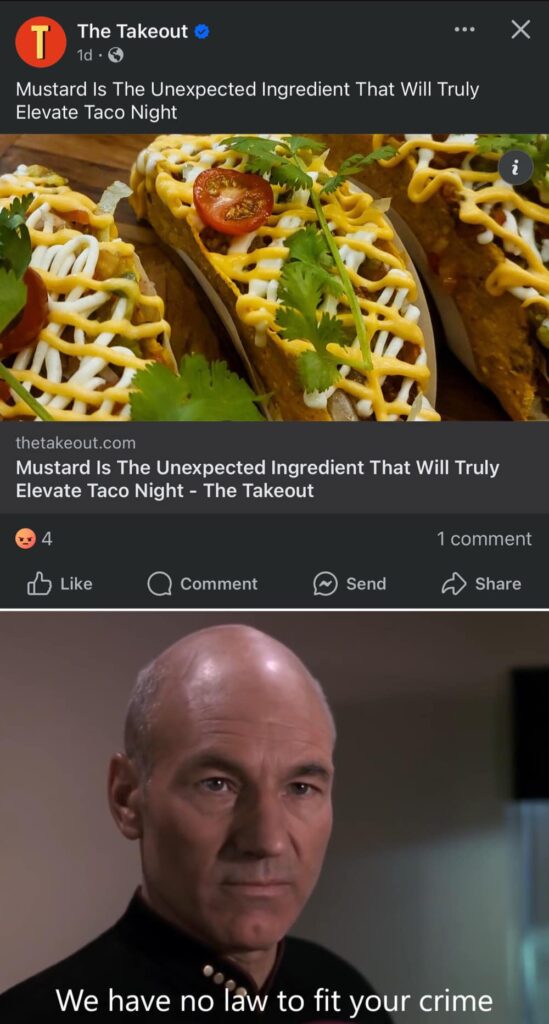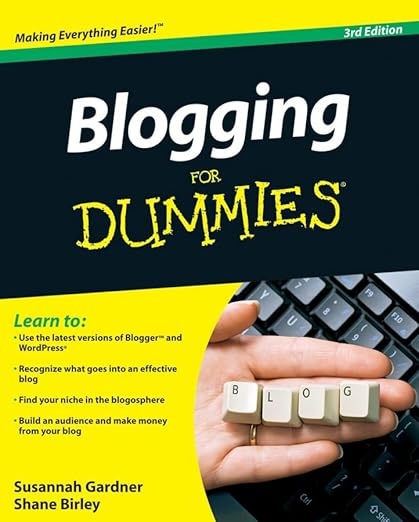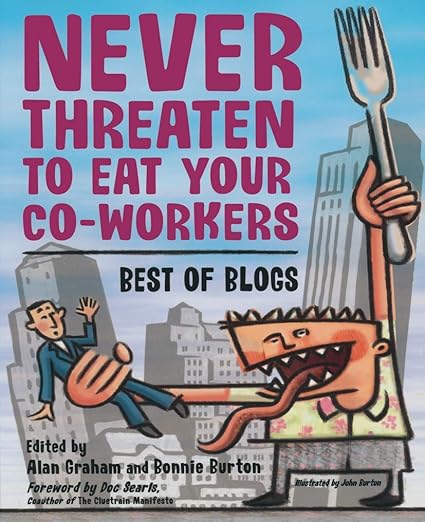That TikTok wellness influencer is so close to getting it.
Change one ingredient; then we’ll talk.
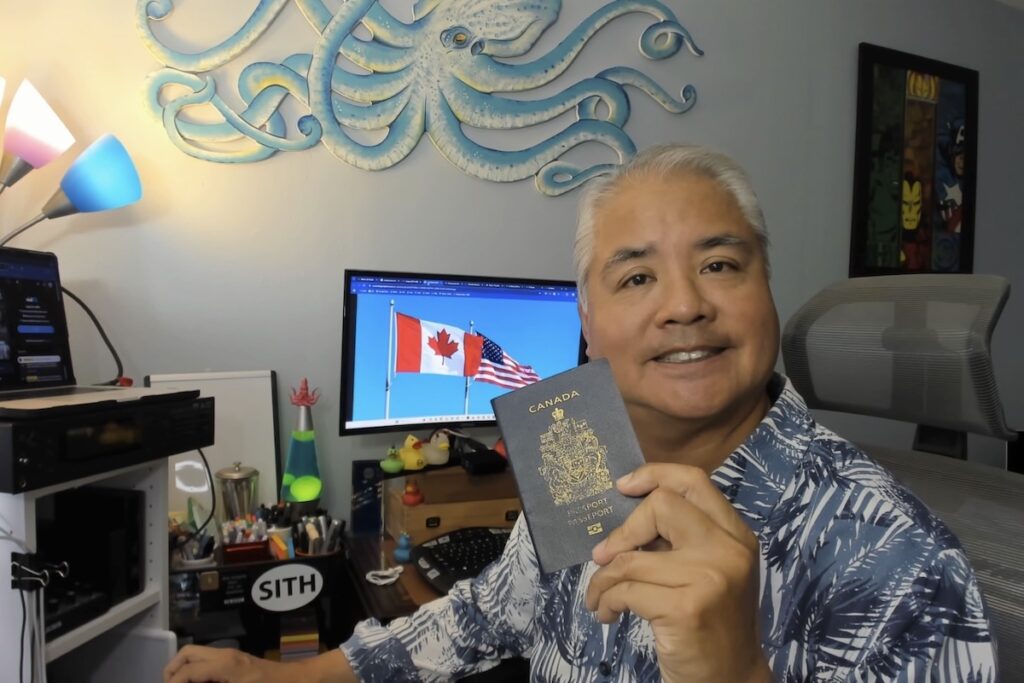
Buy me a birthday beer and hey, you’ll have emotional support aplenty.
It’s my birthday!
23rd blogaversary!
I’ve been at this “blogging” thing since the start of November 2001, which makes this my 23rd blogaversary!
My original blog, The Adventures of Accordion Guy in the 21st Century, has over 10,000 posts and is closing in on 30 million pageviews since 2006 (when I was first able to get metrics).
I started it in Toronto on Blogger during the post-dot-com-bubble era, and just kept writing. It’s paid off in the same way the accordion has, opening unexpected opportunities including landing work and then getting interviewed by the Globe and Mail (one of the Canadian national newspapers) for having landed work via a blog. This blog is featured as an example in the first three editions of Blogging for Dummies…
…as well as an amusing book titled Never Threaten to Eat Your Coworkers: Best of Blogs, a compendium of interesting blog posts. My post, The Girl Who Cried Webmaster, is featured in this one.
My association with blogging has since landed me other jobs, as well as an impromptu stage appearance at South by Southwest (where I literally upstaged Tim Ferriss)…
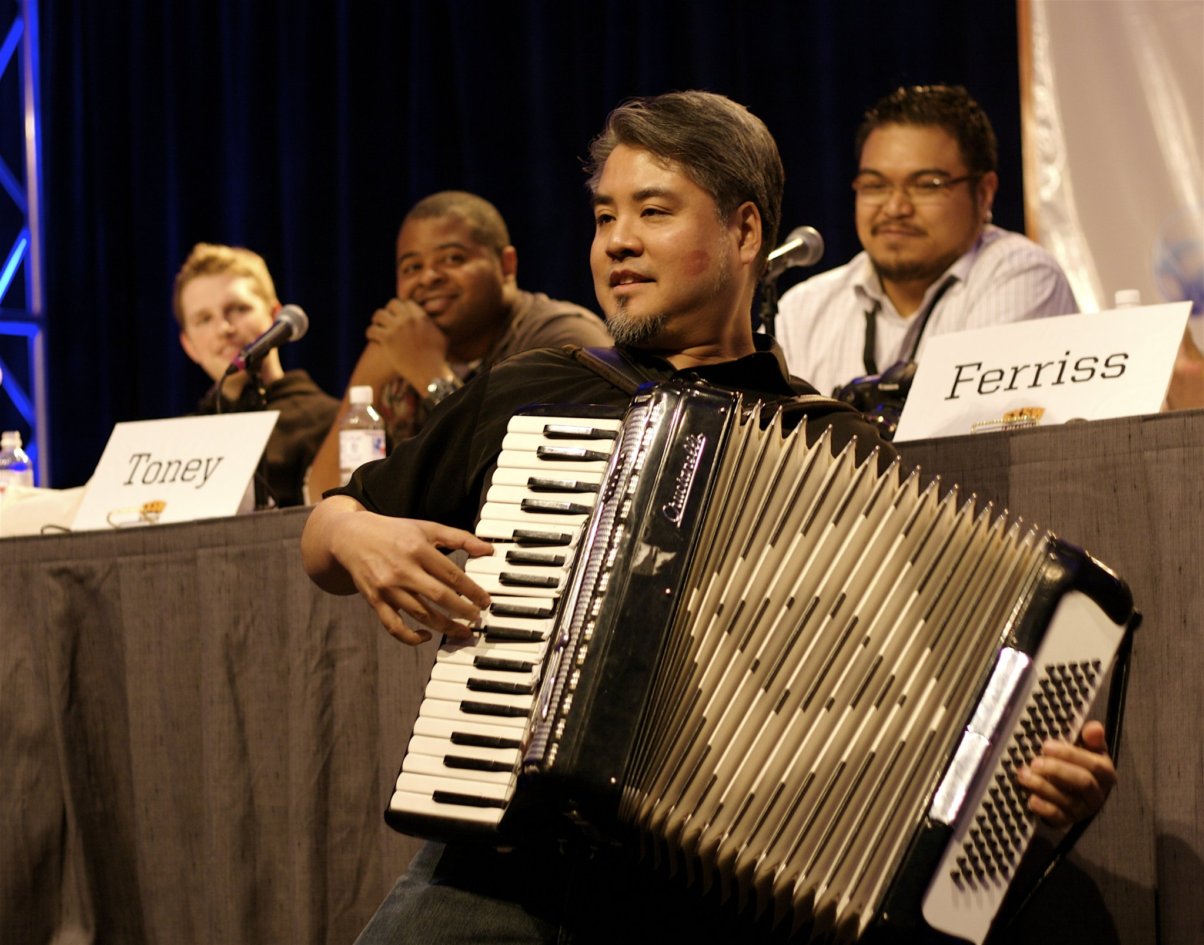
…and the writing practice it’s given me has been invaluable.
Since it’s not enough to have just one blog, I added the professional blog, Global Nerdy (a name generated by my “Duke of URL” application, which found available URLs based on keywords you gave it) in August 2006. Accordion Guy is the “whatever I want to write about” blog, while Global Nerdy is the professional technology and career one.
Global Nerdy played a key role in launching the Toronto tech scene, which included the monthly DemoCamp meetup, a show-and-tell from the Toronto tech scene:
With nearly 5,000 posts and over 10 million pageviews, it’s now a Tampa tech blog, with me using it as the home for the Tampa Bay Tech, Entrpreneur, and Nerd Events List since 2017, which tells techies in Tampa Bay and surrounding areas what kind of geeky events are happening each week.
Blogging has been a rewarding hobby of mine for nearly a quarter century, and I have no intent of quitting anytime soon. If anything, I’m expanding into video, and the next few years should be interesting!

